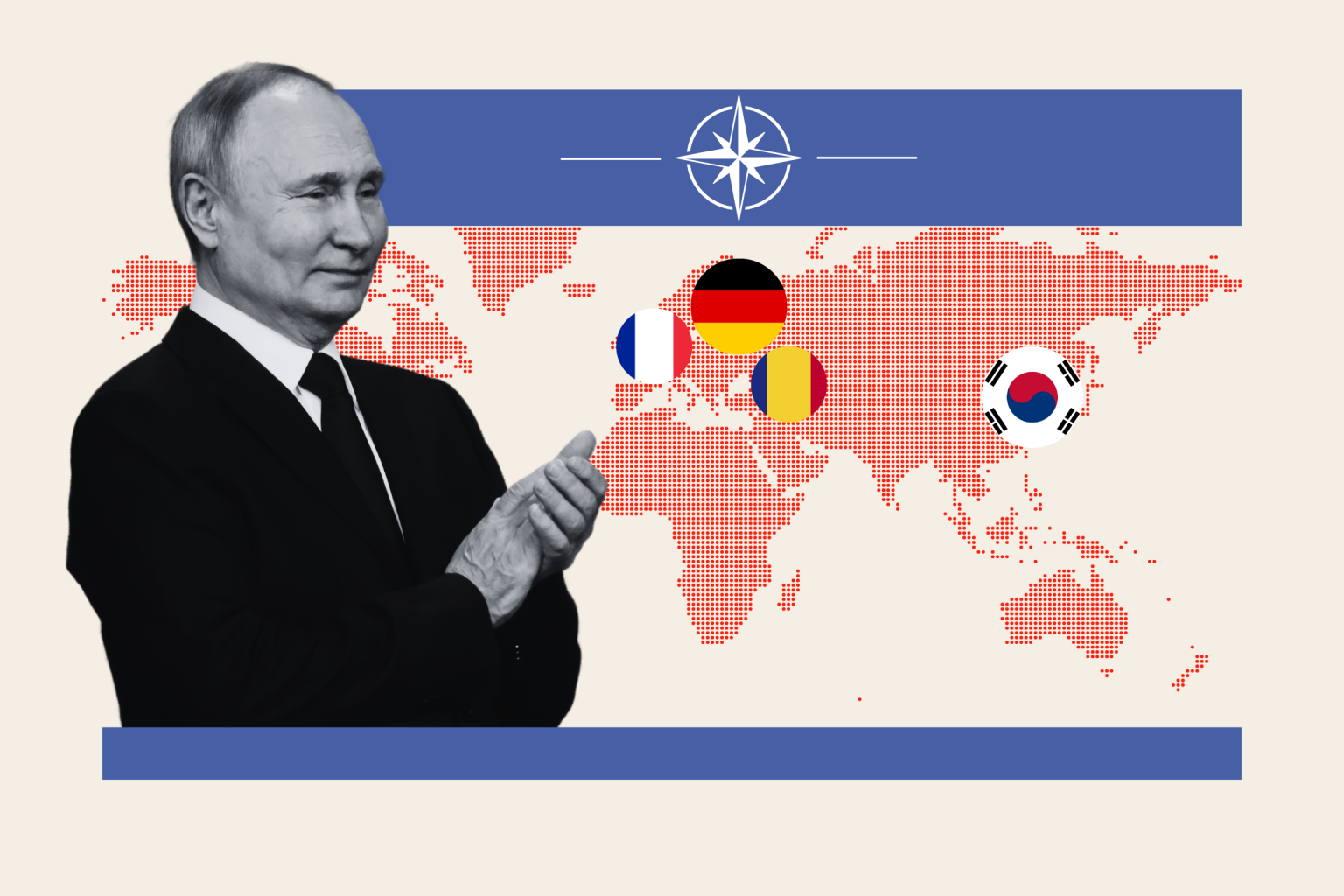Vladimir Putin, facing staunch opposition from Western democracies for his invasion of Ukraine, may find an unexpected advantage in the political turmoil brewing within those very nations. France, Germany, Romania, and South Korea, all vocal critics of Russia’s actions and active supporters of Ukraine, are grappling with internal political crises that could divert their attention and potentially weaken their unified stance against Moscow. This instability aligns with Putin’s broader strategy of sowing discord within Europe and undermining the collective response to his aggression. The resulting chaos could hinder the formation of cohesive economic and defense policies, creating an opening for Russia to exploit.
France’s political landscape is fragmented after a snap parliamentary election resulted in a hung parliament, forcing President Macron to navigate a delicate balance of power. The recent resignation of Prime Minister Barnier further complicates the situation, potentially empowering the far-right National Rally party, which has historically aligned with Russian interests. Germany, another key player in the European response to the Ukraine war, is also experiencing political instability following the collapse of the coalition government and the dismissal of the finance minister. This internal struggle could weaken Germany’s leadership within the EU and complicate efforts to maintain a united front against Russia. Such disarray within these prominent European powers creates an environment conducive to Putin’s broader aims of fracturing European unity.
Romania, a NATO member on Russia’s eastern flank, has faced accusations of Russian interference in its recent presidential election. Intelligence reports alleging a Russian campaign to boost a far-right candidate underscore the Kremlin’s efforts to destabilize countries in its periphery. While the election results were ultimately annulled, the incident highlights the vulnerability of democratic processes to external manipulation. This vulnerability, coupled with the political instability in other European nations, creates a fertile ground for Russian influence and further undermines the collective Western response to the Ukraine conflict.
Beyond Europe, South Korea, a key ally in the Indo-Pacific region, is also experiencing political upheaval. President Yoon Suk Yeol narrowly survived an impeachment vote following his attempt to impose martial law, highlighting deep political divisions within the country. This internal strife could distract South Korea from its commitment to regional security and weaken its partnership with the United States, particularly in addressing North Korean aggression. The instability in South Korea further complicates an already tense geopolitical landscape, potentially creating opportunities for Russia and other autocratic regimes to exploit.
Experts suggest that while the causes of these political crises are diverse, the resulting instability plays into Putin’s hands. It weakens the resolve of democracies opposing his actions in Ukraine and creates openings for him to advance his geopolitical agenda. The disarray within the EU makes it more difficult to maintain a unified stance on sanctions and military support for Ukraine, potentially eroding the effectiveness of the Western response. Similarly, the political turmoil in South Korea could weaken its alliance with the United States and create vulnerabilities in the Indo-Pacific region.
The convergence of these political crises in key democratic nations presents a complex challenge to the international order. While the long-term consequences remain uncertain, it is clear that Putin may seek to capitalize on the disarray within these countries to further his own interests. The ability of these democracies to navigate their internal challenges and maintain a united front against Russian aggression will be crucial in determining the future trajectory of the conflict in Ukraine and the broader geopolitical landscape. The incoming US administration under Donald Trump adds another layer of complexity, as both Russia and North Korea may be anticipating a shift in US foreign policy and adjusting their strategies accordingly.

